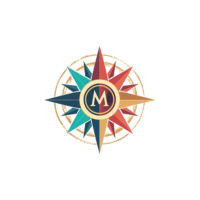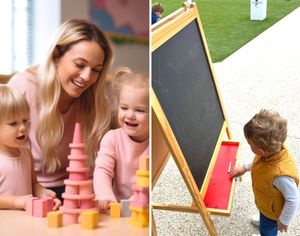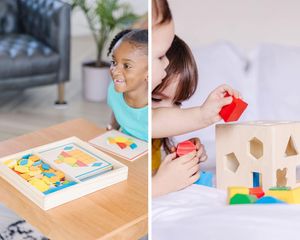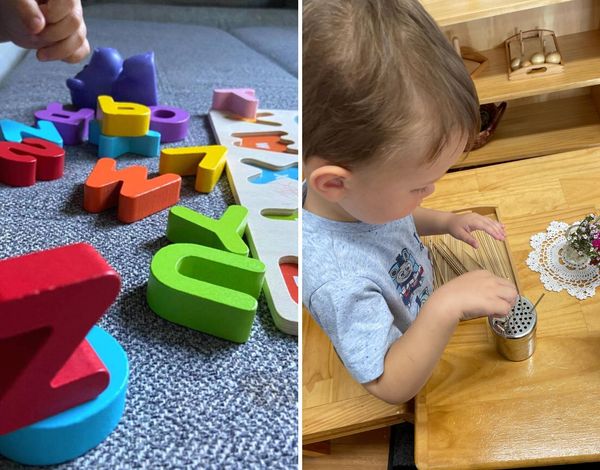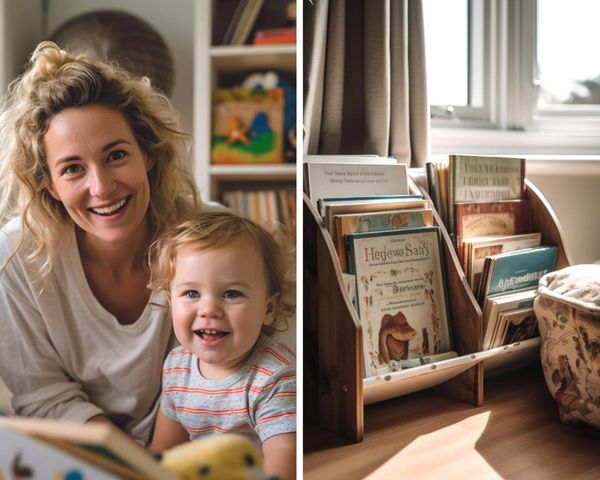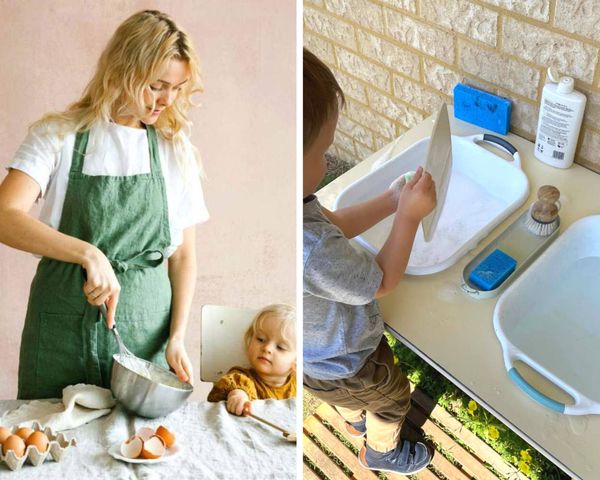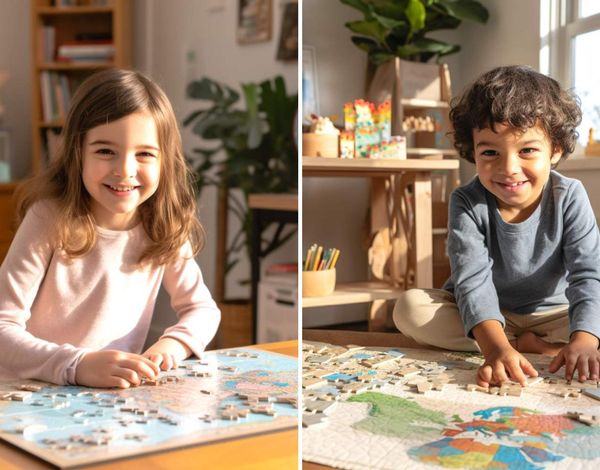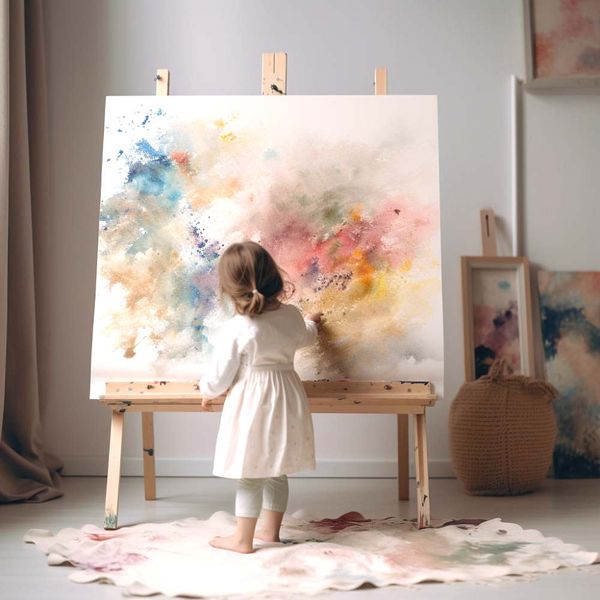The moment it clicked for me, as a parent, was during a simple, hands-on activity with my toddler. We were matching shapes, a typical Montessori activity, and I saw in my child's eyes a world of discovery unfolding. That's when I knew, the Montessori way was our way.
Montessori education is not just a learning approach; it's a journey of curiosity and self-discovery, a fascinating voyage that begins right from infancy and continues into adolescence. Each stage has its unique, carefully crafted activities that nurture children's development, helping them grow at their own rhythm. These activities, designed to enhance cognitive, sensory, and practical life skills, are the building blocks of a lifelong love for learning.
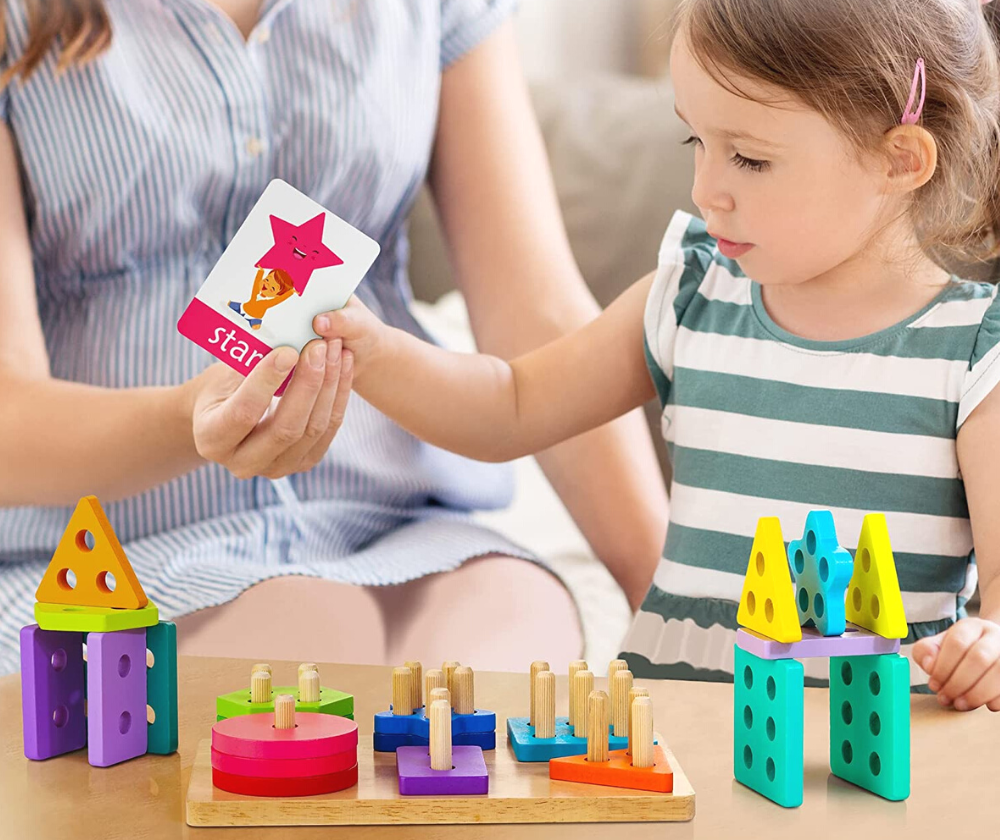
Imagine, a baby's simple wooden rattle can lay the groundwork for motor skills, while a toddler's exploration with sensorial materials can heighten their senses and ignite critical thinking. As they grow older, activities like handwashing and tidying toys inculcate the essence of responsibility and independence. The beauty of the Montessori method is how it evolves with your child, providing the right stimulus at the right time.
In this comprehensive guide, we will delve into the world of Montessori activities designed for different ages, from babies to preschoolers. You can expect to find:
- Baby-focused Montessori activities (0-12 months) enhancing practical life skills, sensory play, and motor development.
- Toddler-targeted Montessori activities (1-3 years) promoting language development, mathematical and scientific exploration, and outdoor adventures.
- Preschooler-centric Montessori activities (3-6 years) facilitating advanced language learning, hands-on mathematical activities, and exposure to geography and culture.
- Tips on how to effectively incorporate Montessori activities at home, including creating a Montessori-inspired environment and adapting Montessori toys and materials.
- Additional Montessori activities that are universally beneficial across all ages, covering arts and crafts, music and movement, and social skills.
As we journey together through this guide, remember, the essence of Montessori at home lies not in perfection, but in the joy of letting your children explore, learn, and grow in their unique way. After all, it's through sensory play and organizational skills that we sow the seeds of a well-rounded, lifelong learner. So, let's begin this exciting journey!
Montessori Activities for Babies (0-12 Months)
Practical Life Activities
During the first year of life, babies develop rapidly in all areas, especially in their practical life skills. Introducing simple Montessori-inspired activities for your baby helps encourage independence and sets the foundation for their developmental growth. Here are some practical life activities for babies:
- Feeding: Encourage self-feeding by offering age-appropriate utensils and finger foods. As your baby becomes more skilled, you can introduce open cups and demonstrate sipping water or other liquids.
- Dressing: Provide opportunities for your baby to practice dressing themselves by choosing simple clothing like elastic waistbands and Velcro-fastened shoes. Show your baby how to put on and take off clothing to help develop their skills.
- Bathing: While a baby might not be able to bathe on their own, you can involve them in the process. Gently guide their hands to wash their body and face, allowing them to feel the textures and sensations of water, soap, and washcloths.
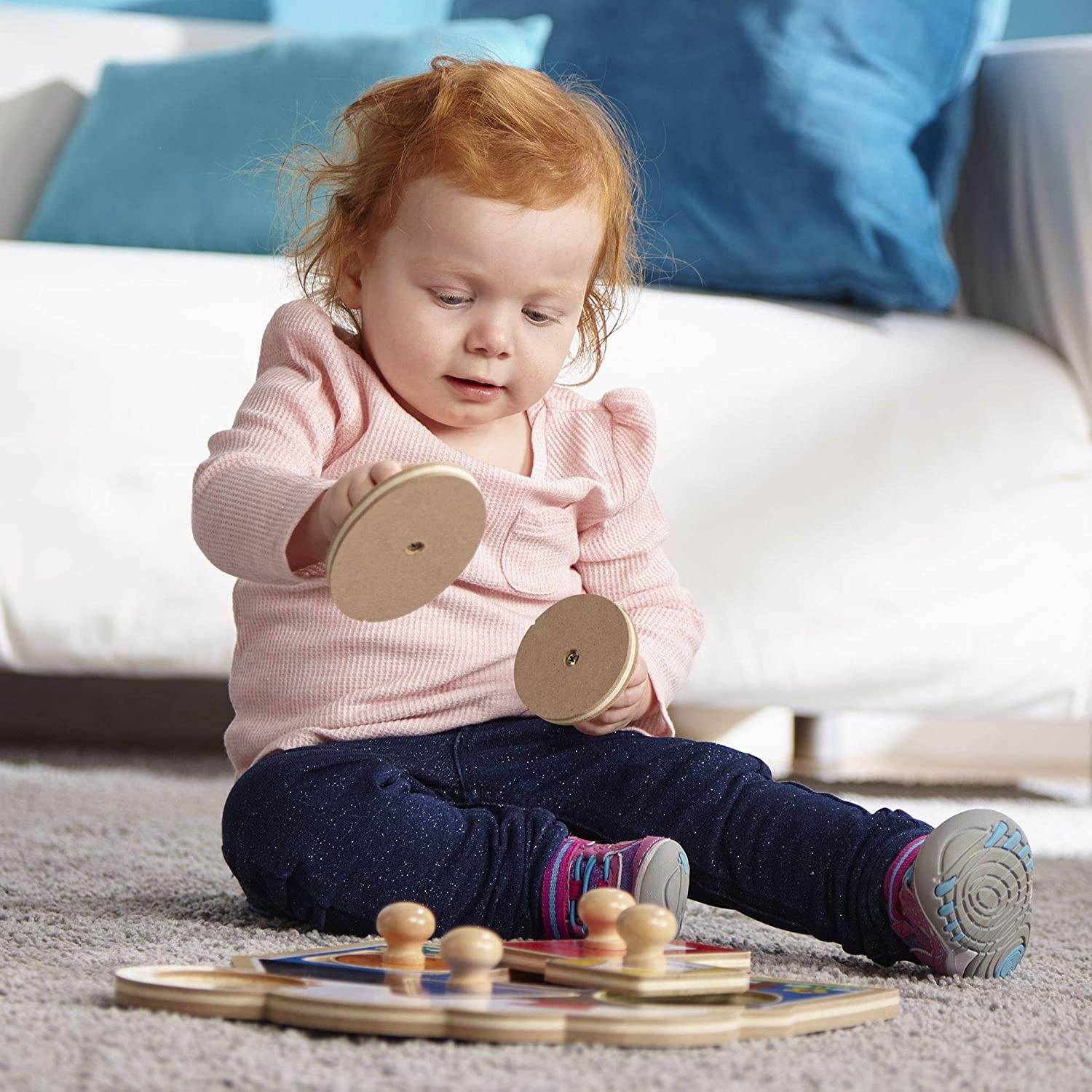
Sensorial Activities
Sensorial activities engage babies' developing senses and encourage exploration. Some examples of age-appropriate sensorial activities include:
- Textures: Provide different fabrics, rattles, and objects with varying textures for your baby to touch, grasp, and explore.
- Sounds: Sing songs, play rhymes, or use musical instruments to stimulate your baby's auditory development. Encourage them to create their sounds by shaking rattles, striking objects, or imitating your voice.
- Colors and Patterns: Introduce contrasting colors, shapes, and patterns through toys and decor such as mobiles, puzzle balls, or artwork. Always consider your baby's visual development and ability to see and focus on objects.
Motor Skills Development
Motor skills development in babies is crucial for their overall growth. Both gross and fine motor skills can be encouraged by providing opportunities for movement and exploration. Some ideas for motor skills development are:
- Tummy Time: From 0-3 months, encourage tummy time to help your baby develop neck and upper body strength. Use mirrors, toys, or colorful objects to motivate their natural curiosity.
- Crawling and Walking: Create a safe environment for your baby with minimal barriers or restraints to move freely. This helps promote gross motor development and strengthens muscles needed for crawling and walking.
- Finger Grasp and Motor Development: Offer toys and objects that challenge your baby's finger grasp and motor development, like interlocking discs, puzzles, blocks, or grasping beads.
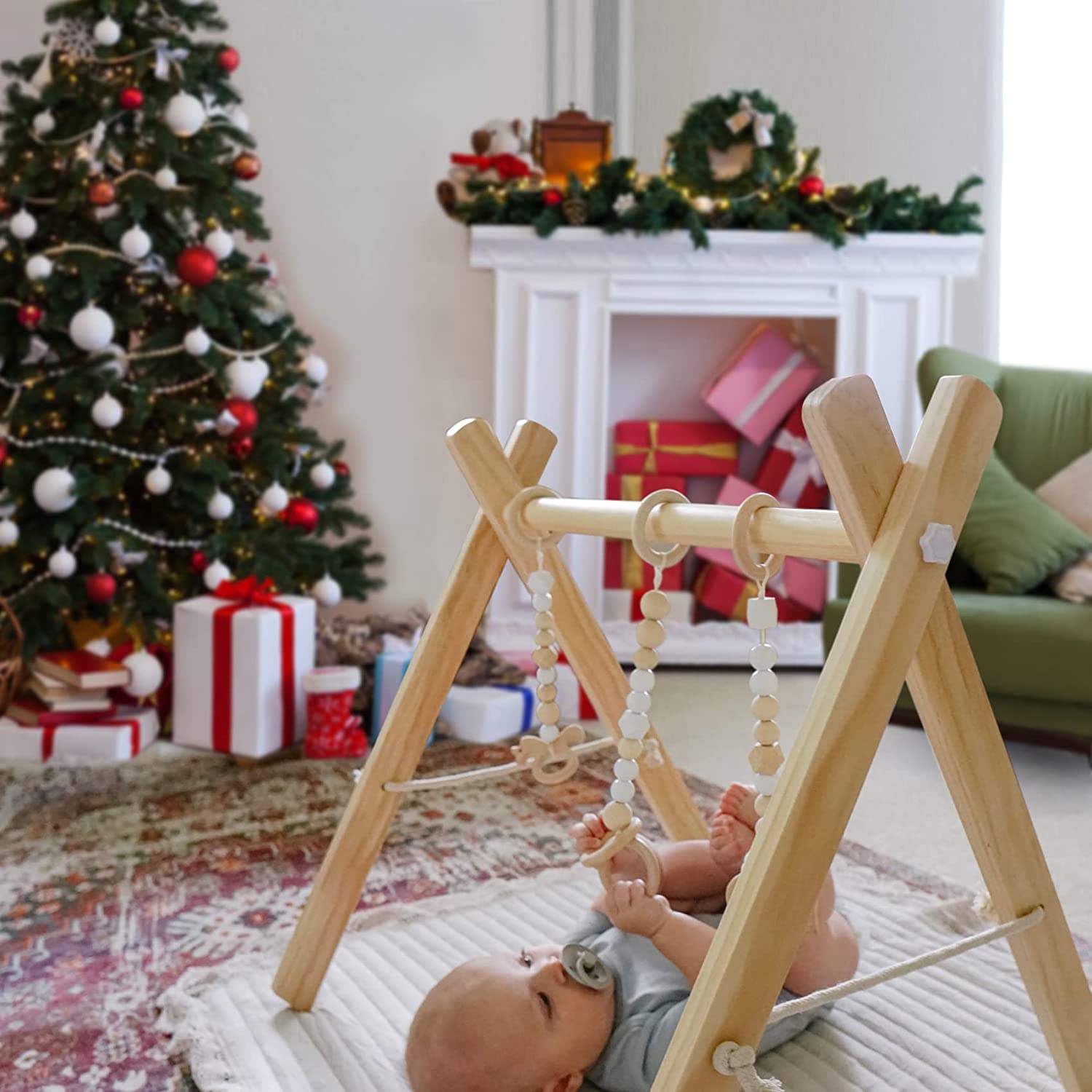
In my journey with the Montessori method, I've seen how its principles help nurture essential life skills in babies as we have now started incorporating it with our youngest, Andreas (we started to late with our eldest so he missed out at the baby stage). The activities emphasize sensory exploration and fine motor practice, forming a robust base for future learning.
Using just a few ideas and carefully chosen Montessori toys, we can encourage our babies to practice fine motor skills and explore their surroundings. The beauty of the Montessori principles is that they respect each baby's individual growth. So, always stay attuned to your baby's evolving interests and abilities, adapting activities to meet their unique pace of development. Montessori is more than a method—it's an adaptable philosophy that respects and nurtures the individuality of each little explorer.
Montessori Activities for Toddlers (1-3 Years)
Language Development
Between the ages of 1 and 3, toddlers begin to develop their language skills through exposure to various forms of communication. Montessori materials and activities play a crucial role in this process. For example, simple pre-reading lessons with minimal text and rich illustrations can help toddlers associate words with images.
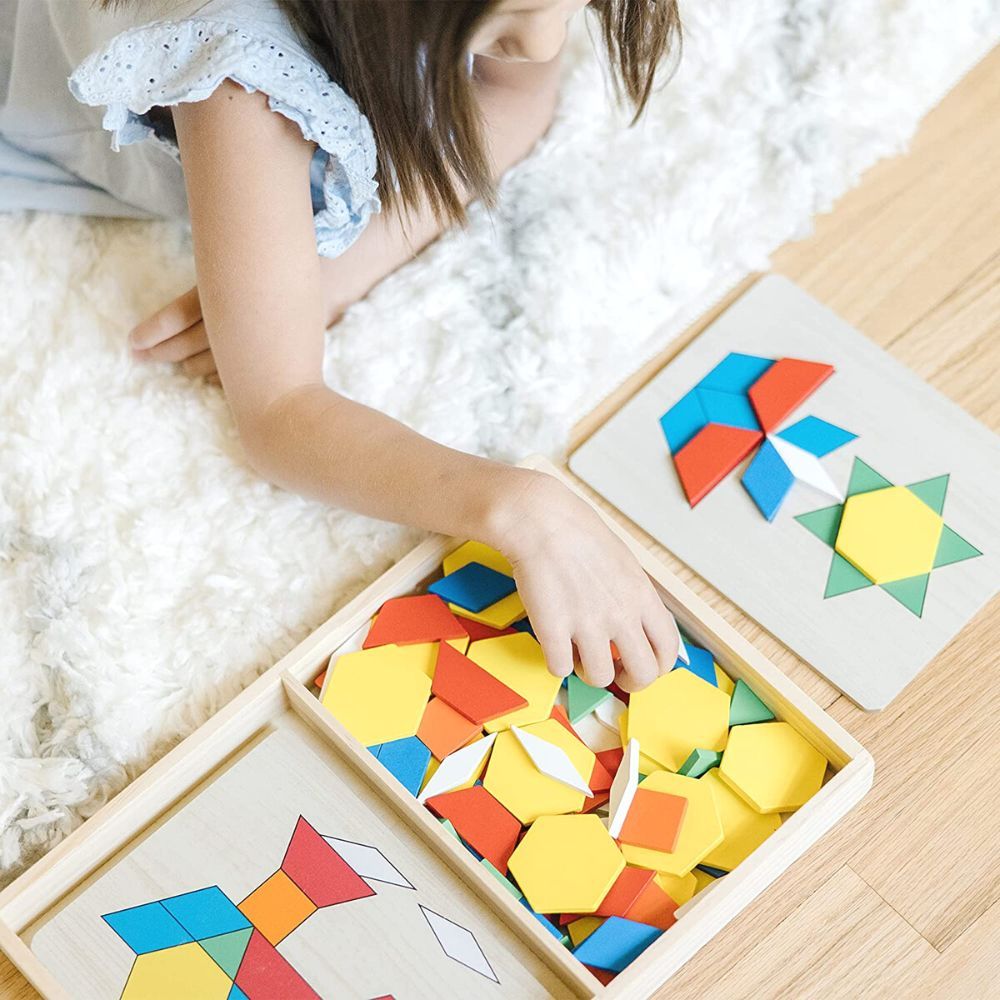
Some effective language development exercises include:
- Picture cards: Introducing toddlers to photos and illustrations of familiar objects and asking them to match cards with similar items in the room
- Storytelling: Reading stories with repetitive phrases or rhymes, encouraging the toddler to join in
Math and Science Exploration
Math and science are an integral part of a Montessori toddler's environment (being an engineer by background, I'm a little biased here where I say that - don't judge me for it). Learning through practical life activities can enhance mathematical skills, allowing toddlers to develop a basic understanding of quantities and numbers. At this age, children can also be introduced to experiments that help develop their curiosity for the natural world.
Examples of suitable math games and science exploration activities include:
- Sorting and counting objects: Encouraging toddlers to group items by color, size, or shape while counting the number of items in each group
- Pouring and measuring: Allowing toddlers to pour liquids between containers to observe volume changes
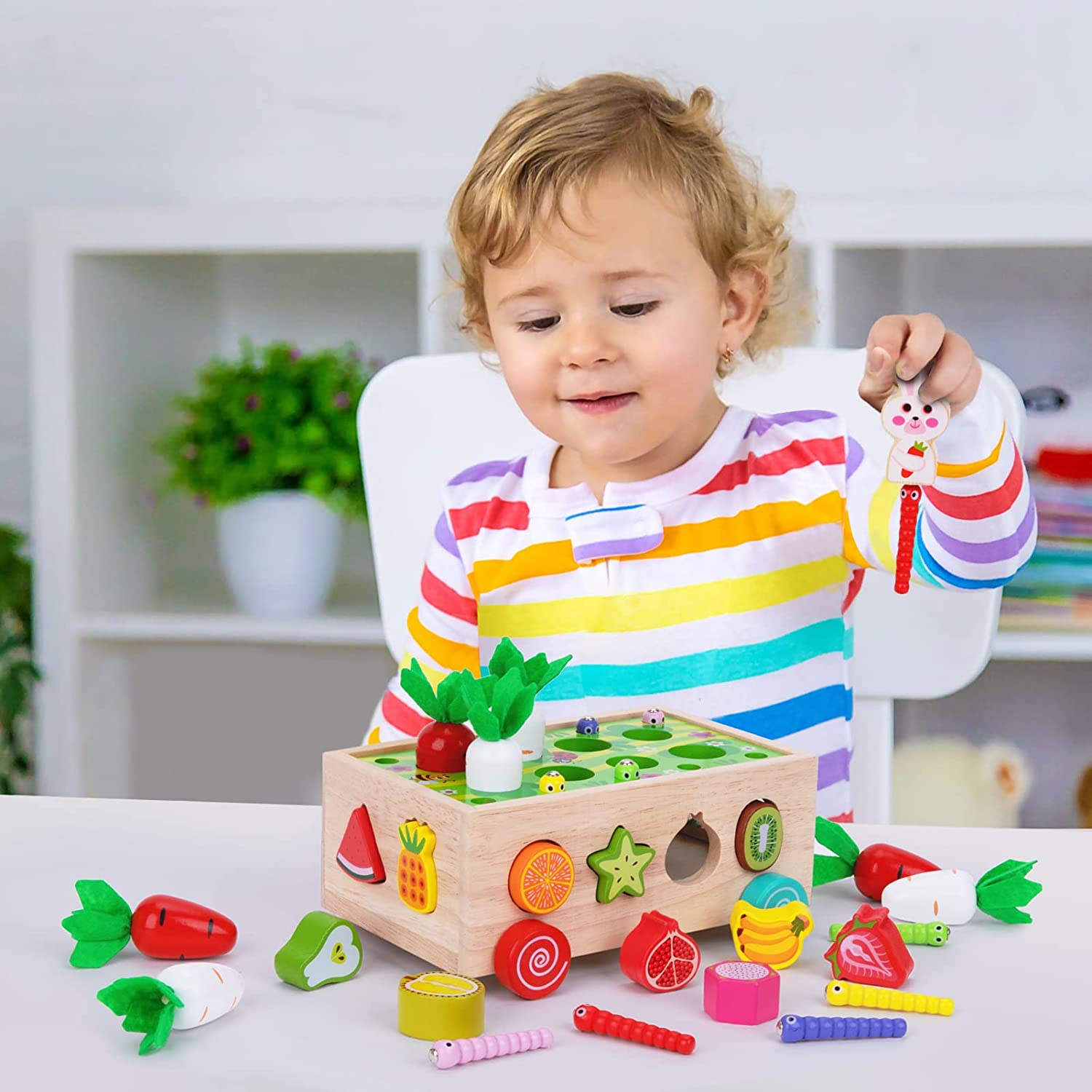
Outdoor Exploration
Outdoor exploration plays a central role in Montessori education for promoting toddlers' independence and concentration. Engaging with nature enables the development of practical life skills and sensorial awakening. Some ideas for outdoor Montessori activities are:
- Nature walks: Exploring the surroundings, pointing out and discussing different plants, animals, and natural elements
- Gardening: Engaging toddlers in planting seeds, watering, and caring for plants to learn about growth cycles and responsibility
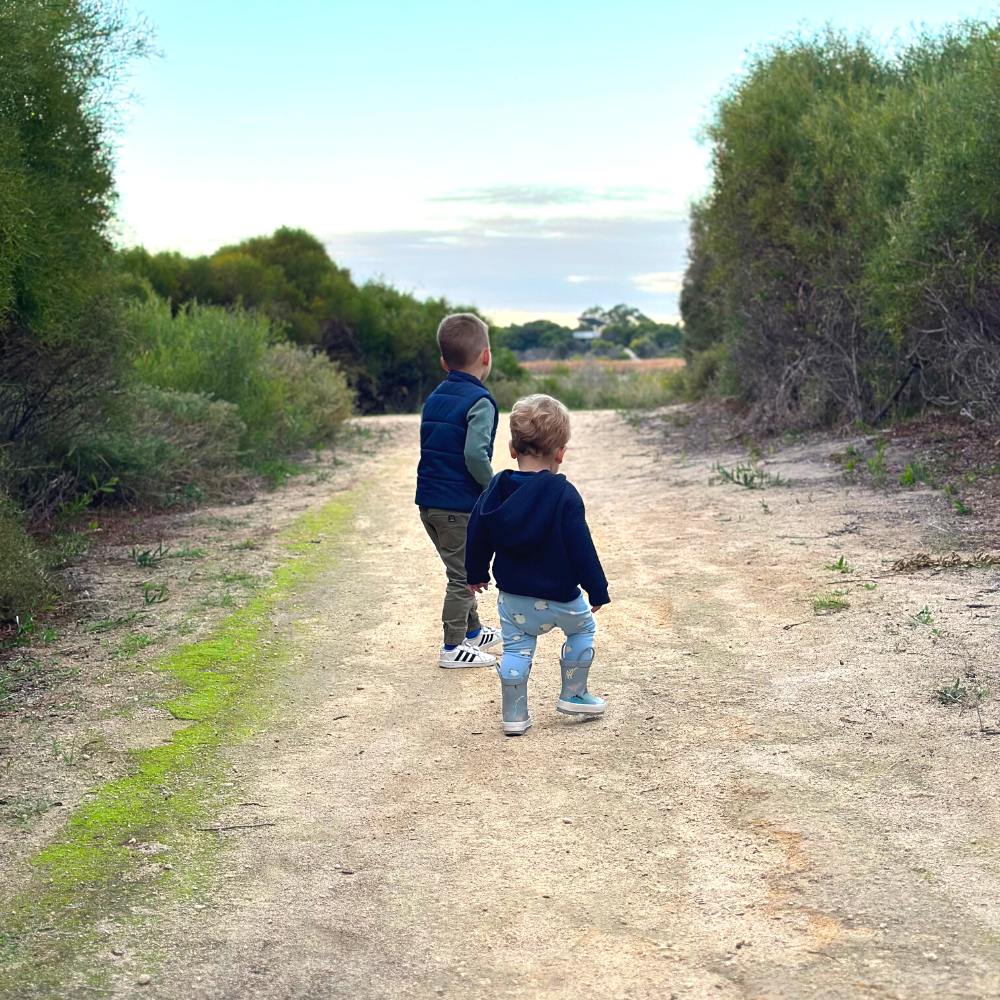
As I've discovered, Montessori activities for toddlers unlock a world of language development, math and science exploration, and even outdoor adventures. It's amazing to watch these young minds absorb knowledge like sponges, all while interacting with their environment - just like little Montessori teachers in the making.
Whether it's through playing with household objects or exploring the mysteries of everyday life, these activities provide a vibrant and stimulating setting that promotes hands-on learning experiences. What I love about this approach is how it cultivates independence and concentration - key skills that will serve them for life.
By immersing our toddlers in a variety of age-appropriate Montessori experiences, we're not just teaching - we're fostering their holistic growth, and nurturing an inherent curiosity and love for learning that'll keep them excited and engaged every step of the way.
Montessori Activities for Preschoolers (3-6 Years)
Advanced Language Learning
At the preschool stage, Montessori activities focus on strengthening language skills by exposing children to rich vocabulary and fostering their interest in reading and writing. Using Montessori materials, such as sandpaper letters and moveable alphabets, children get familiarized with letters and their sounds while practicing fine motor skills. Reading materials, such as phonetic readers, are introduced, and children engage in storytelling and oral language exercises to enhance their comprehension and expression.
Hands-On Mathematics Activities
Montessori mathematics activities involve hands-on learning and manipulation of objects to develop a clear understanding of mathematical concepts. For preschoolers, this includes counting, addition, subtraction, multiplication, and early division exercises. Using materials like number rods, bead chains, and spindle boxes, children gain concrete experiences which help them internalize abstract mathematical ideas.
- Counting games and number recognition
- Addition with bead materials
- One-to-one correspondence using manipulatives
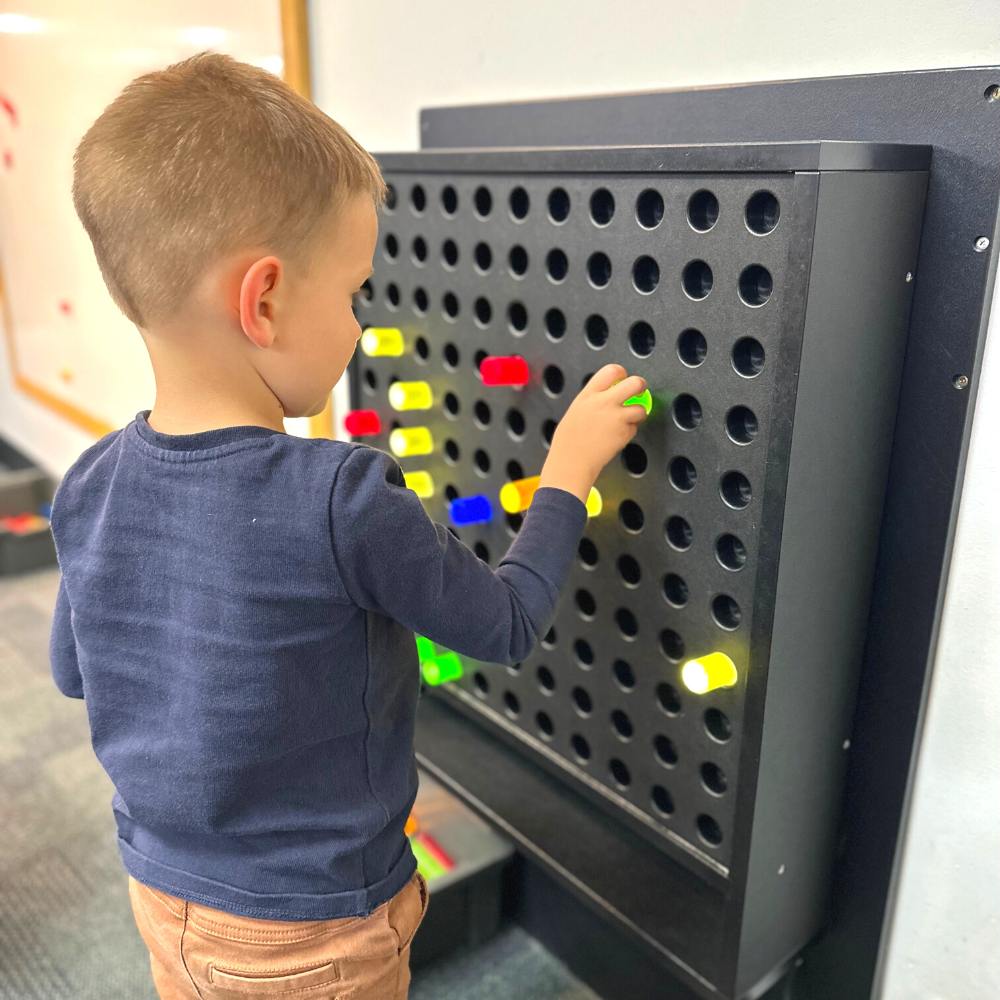
Geography and Culture Exposure
Montessori geography and cultural activities expose preschoolers to different countries, continents, and cultural practices to cultivate a sense of global awareness and appreciation for diversity. Preschoolers explore maps, globes, and flags, while also engaging in hands-on activities such as puzzles and cultural artifacts. These experiences help children develop a better understanding of the world around them.
- Continent puzzles and maps
- Flag matching games
- Cultural artifacts and celebrations
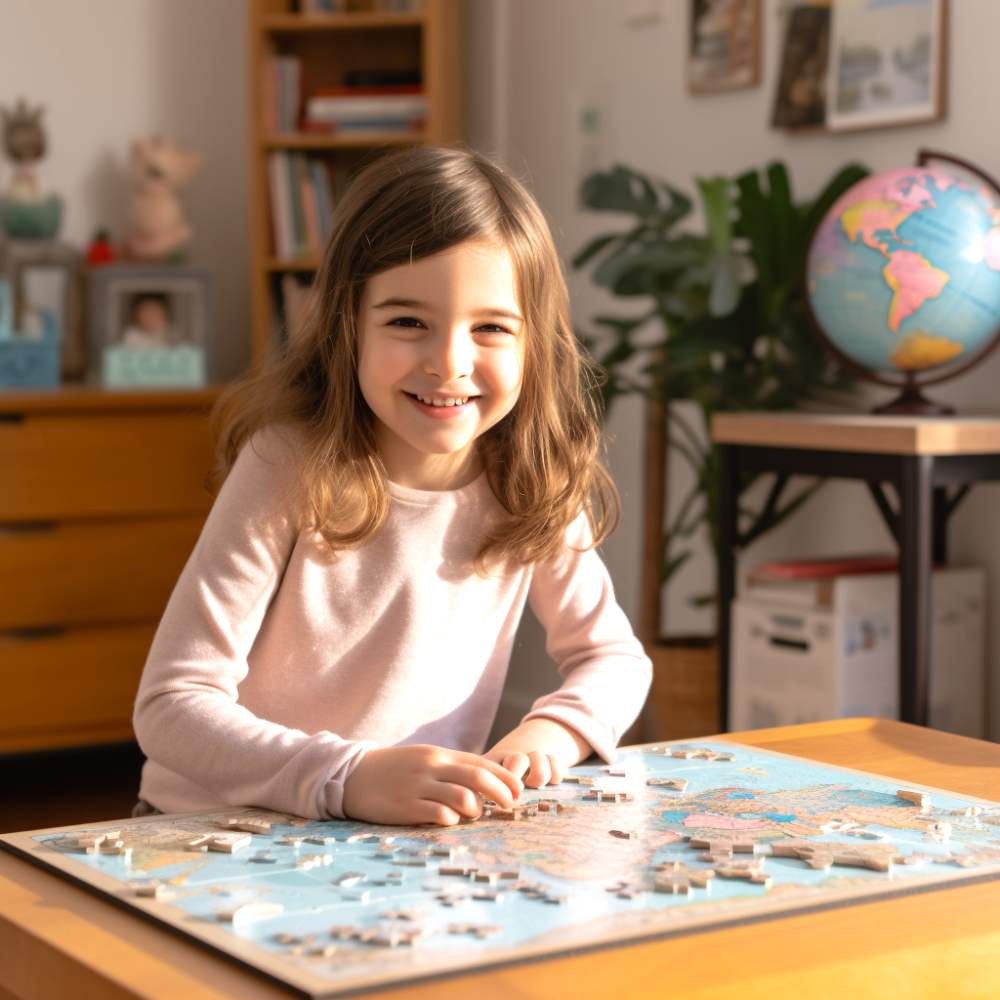
When it comes to Montessori activities for preschoolers aged 3-6 years, we step up the game a notch. Just like how we used household objects for toddlers or offered sensory play to babies, we now engage our preschoolers with activities that foster language development, hands-on mathematics learning, and exposure to geography and culture.
Take a wooden spoon, for instance - an everyday item, right? But in the hands of a preschooler, it's a tool for stirring imaginary soups, a rhythm stick for a music session, or even a wand in a fairy tale - all helping to enhance problem-solving skills.
Every age group has its own unique charm in a Montessori environment. Just as we've nurtured our child's development from infancy to toddlerhood, it's our role to ensure that our preschoolers continue to enjoy an environment where their skills and curiosity can flourish.
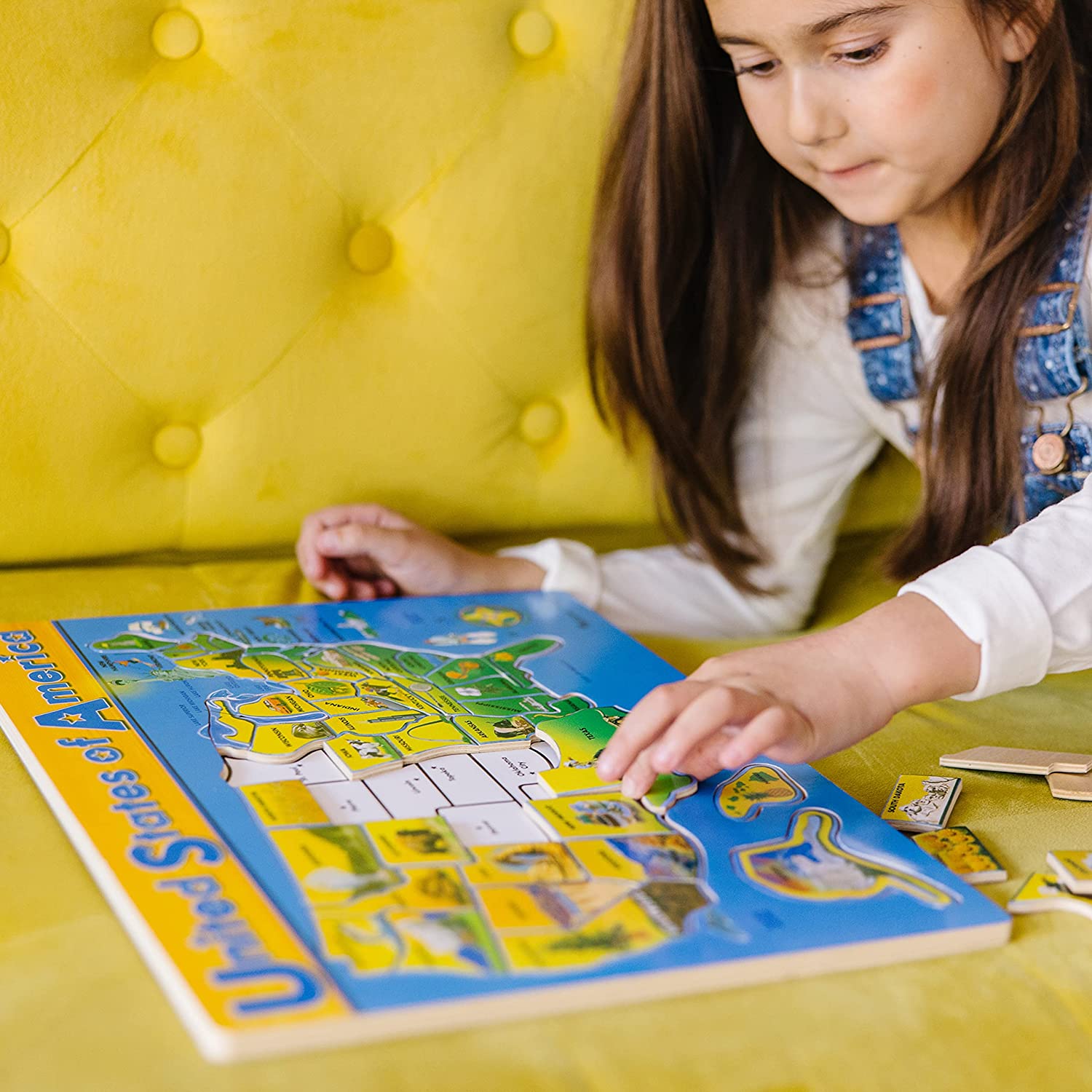
With age-appropriate Montessori materials and concepts, we're preparing them for a lifelong journey of learning, building an unshakeable foundation of adaptability and problem-solving skills that they will carry with them throughout their academic journey and beyond. Isn't it amazing how rewarding it is to witness a child's pleasure in the process of learning? It's something that cannot be quantified.
How to Incorporate Montessori Activities at Home
Creating a Montessori Home Environment
To foster independence and hands-on learning at home, it is essential to create a Montessori environment that allows children to explore activities and materials safely. Here are some recommendations for setting up a Montessori-friendly space at home:
- Accessibility: Keep materials and toys at your child's level, making it easy for them to access and explore independently.
- Organization: Maintain order and organization in the environment, promoting a sense of responsibility and ownership.
- Natural Materials: Choose natural materials, such as wooden blocks, to encourage sensory exploration and awareness.
- Participation: Encourage participation in daily practical life activities, such as cleaning or food preparation, by providing child-sized tools and equipment.
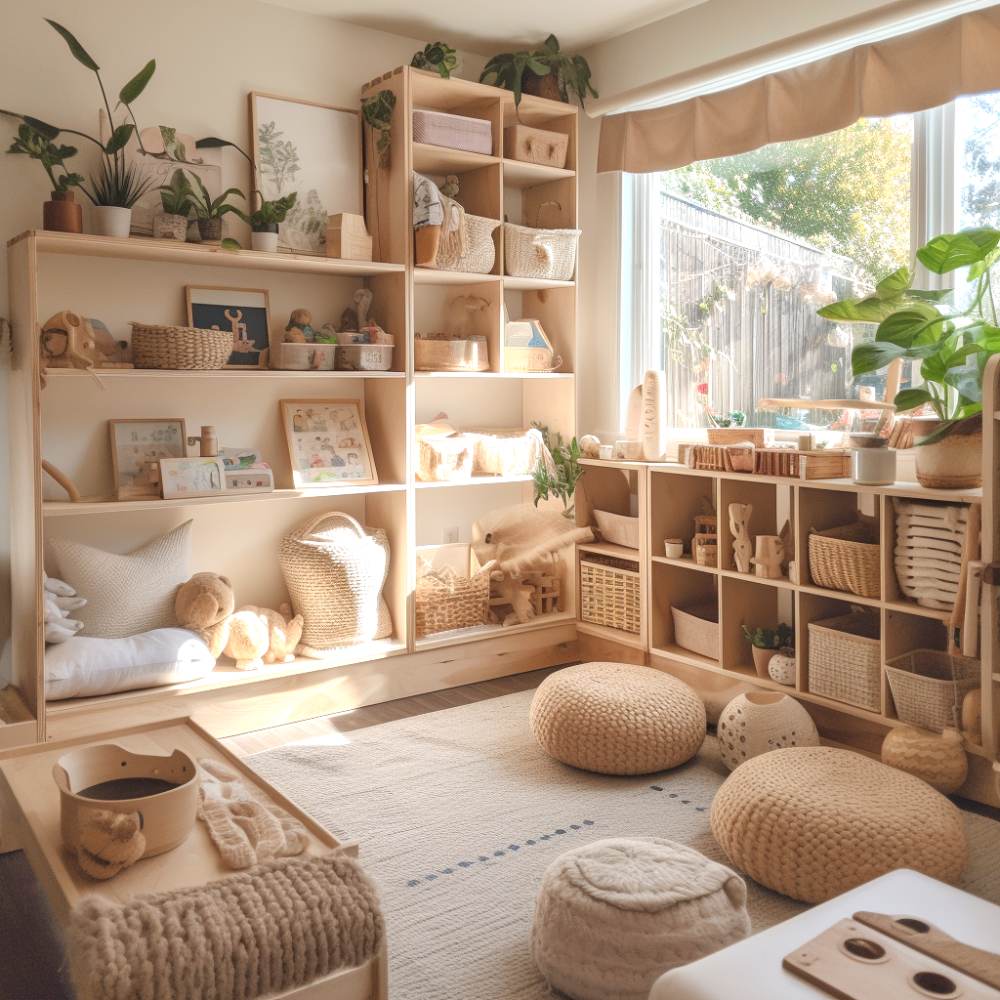
Adapting Toys and Materials
Montessori materials are designed to promote self-directed learning, and adapting toys and materials for use at home can help support this philosophy. Some suggestions for adapting toys and materials include:
- Cognitive Toys: Select Montessori toys like puzzles, stacking toys, or sorting activities to foster cognitive development.
- Creativity: Encourage the use of open-ended materials, such as art supplies or loose parts, that allow for creativity and imagination.
- Age-Appropriate Manipulatives: Provide age-appropriate, hands-on manipulatives to stimulate learning and growth in various developmental areas.
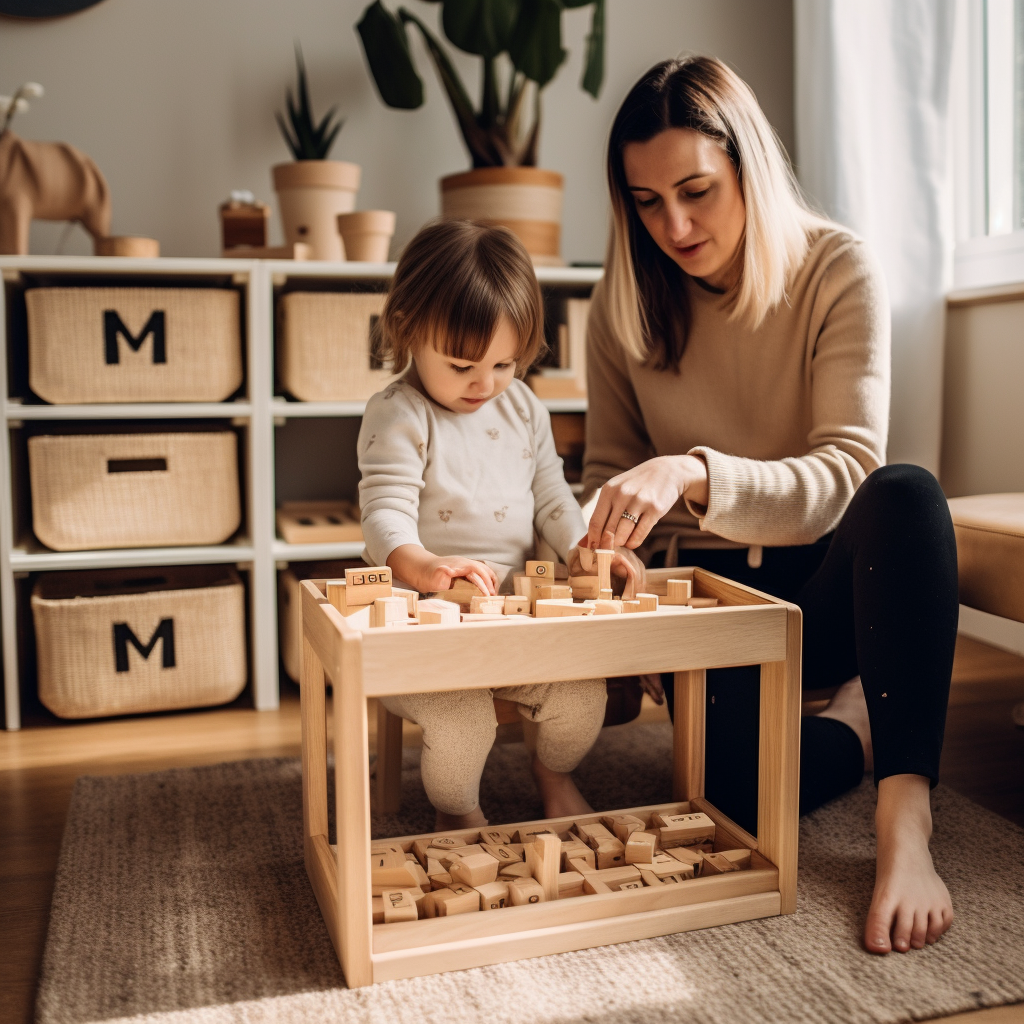
I've found that weaving Montessori activities into our home routine has dramatically enriched my child's joy in learning and self-reliance. By molding a welcoming Montessori environment and selecting the right toys and materials, we can inspire our little ones to explore, discover, and learn at a pace they enjoy.
Adopting Montessori principles at home doesn't just enhance the learning in the Montessori classroom—it also arms our children with critical life skills and a heartfelt curiosity about their surroundings. For a deeper dive into this, I recommend checking out my comprehensive guide for all things Montessori at Home.
Additional Montessori Activities for All Ages
This section will cover Montessori activities for children of different ages that aim to develop their creativity, social skills, and practical life abilities.
Arts and Crafts
Arts and crafts are an essential component of the Montessori curriculum, offering children an avenue to express themselves and develop their fine motor skills.
- Drawing and painting: Allow children to explore different media and techniques, encouraging experimentation and exploration.
- Collaging: Provide craft materials such as paper, fabric, and natural items for children to create collages, promoting texture recognition and hands-on creativity.
- Clay or Play-dough work: Encourage children to manipulate and mold materials, supporting the development of hand muscles and coordination.
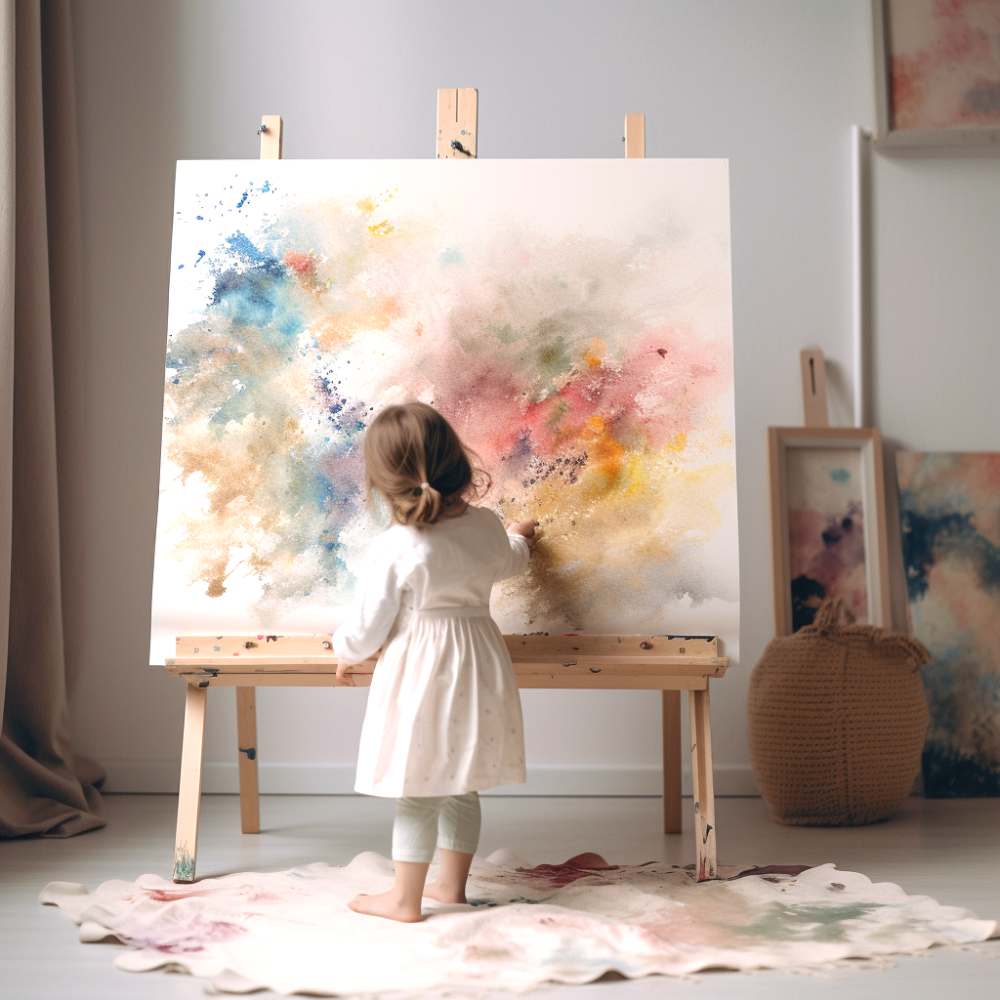
Music and Movement
Music and movement activities are an integral part of a Montessori education, fostering creativity and kinesthetic learning.
- Rhythm and percussion: Introduce children to various percussion instruments and encourage them to create their own rhythms.
- Singing and listening: Incorporate songs with simple melodies and lyrics, allowing children of all ages to participate and appreciate music.
- Movement activities: Offer opportunities for movement and dance, engaging children in activities that develop gross motor skills, balance, and coordination.
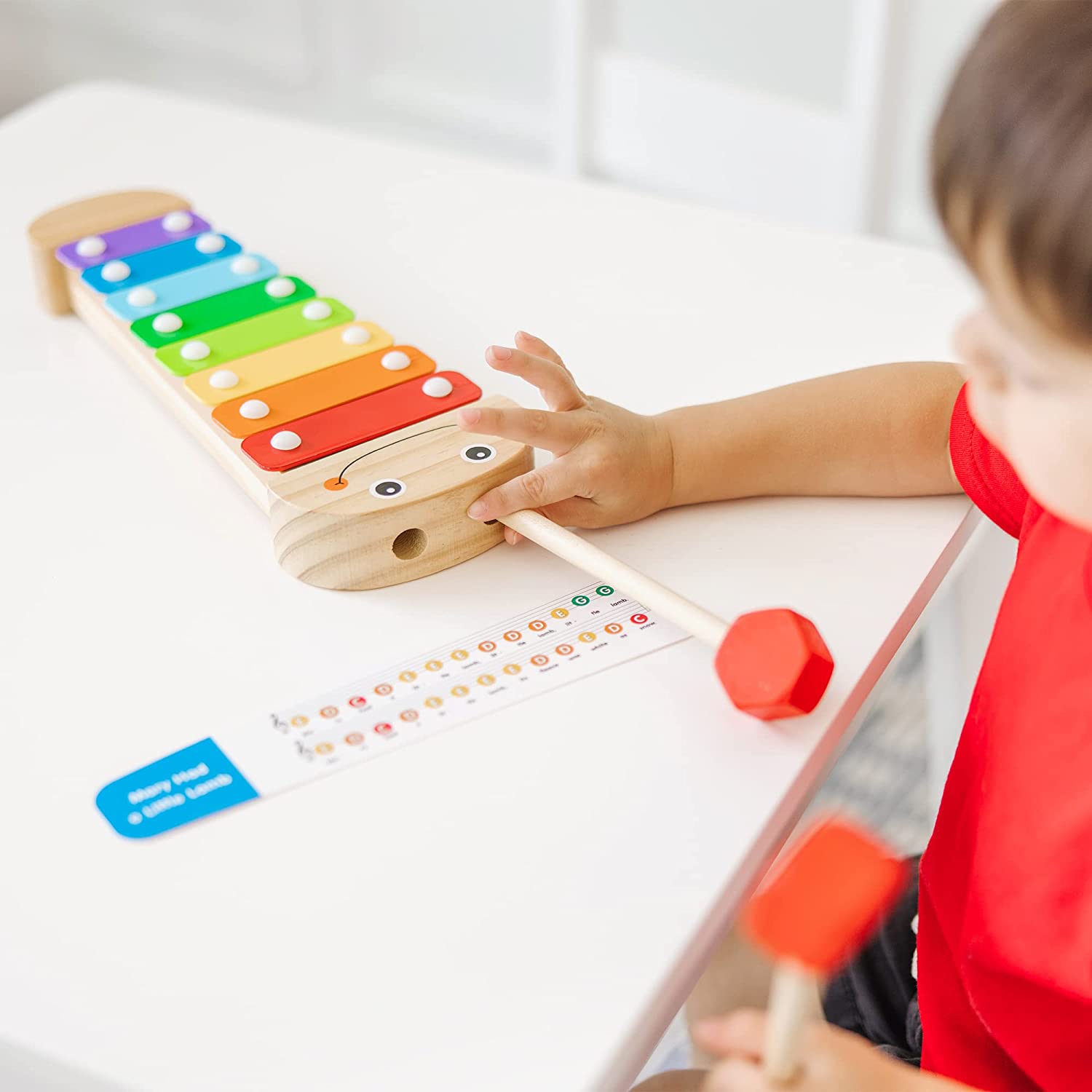
Social Skills and Manners
Montessori activities also provide opportunities for children to develop essential social skills and manners.
- Role-playing: Encourage children to participate in role-playing activities, taking on different personas and situations to practice empathy and problem-solving.
- Group work: Provide opportunities for children to work together on projects, fostering cooperation and communication.
- Grace and courtesy lessons: Introduce age-appropriate lessons on manners, such as setting the table, greeting others, and taking turns.
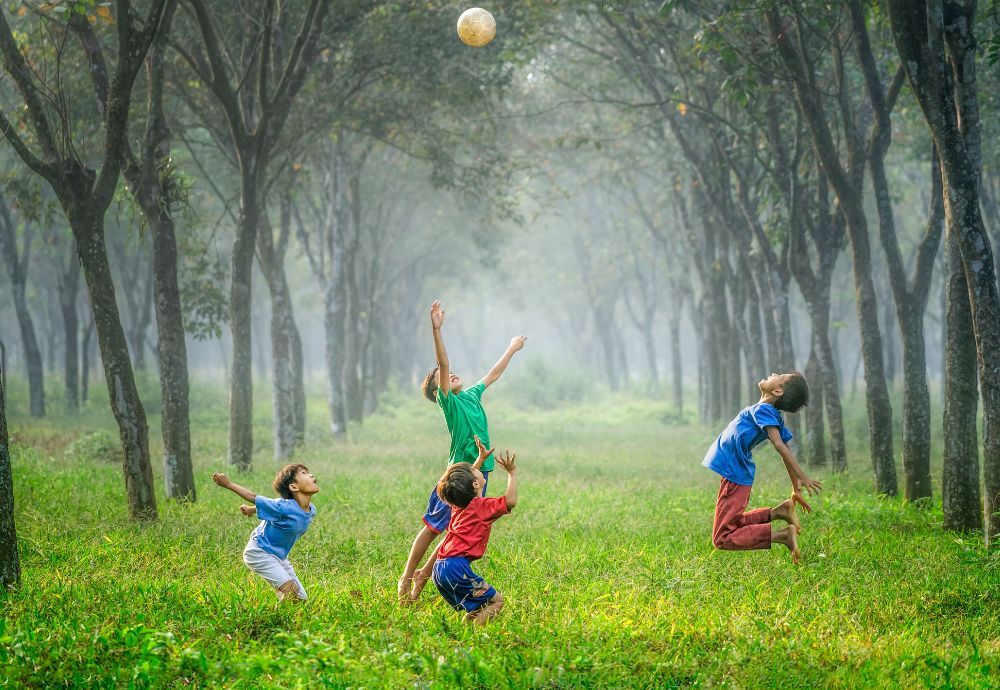
Our Closing Thoughts
As we've journeyed together through the stages of Montessori activities, we've discovered their immense value. From sensory play for our little ones, to fine motor activities for our toddlers, and mastering everyday household items for our preschoolers, each stage offers unique and enriching experiences.
These Montessori activities do more than stimulate cognitive growth; they shape well-rounded individuals. Arts and crafts, music, movement, and social skills development - all these blend into their daily life, creating a holistic learning environment that shapes our children into independent, curious, and confident individuals.

As we part ways on this journey, remember, it's just the beginning for you and your child. Each day brings a new opportunity for growth and exploration. I can assure you, as someone who's walked this path, the rewards are immense. Embrace these Montessori principles, and you'll see the incredible individuals your children grow into. For a more in-depth exploration, visit my comprehensive guide on Montessori activities at home. Here's to our children, and the incredible journey of discovery ahead.

